
On May 24, the National Assembly will discuss three draft laws.
Specifically, according to the agenda of the 7th session of the 15th National Assembly, on the morning of May 24, a member of the National Assembly Standing Committee and Chairman of the National Assembly's Law Committee presented a report explaining, accepting and revising the draft Law on Archives (amended) (maximum 20 minutes).
Afterwards, delegates discussed in the hall a number of contents with different opinions of the draft Law on Archives (amended).
After listening to the opinions of the National Assembly deputies, the submitting agency and the agency in charge of the review coordinated to explain and clarify a number of issues raised by the National Assembly deputies.
The Law on Archives was passed by the 13th National Assembly, 2nd session on November 11, 2011 (effective from July 1, 2012) and its implementing documents have created a legal corridor for the implementation of the functions and tasks of state management of archives of the Ministry of Home Affairs and ministries, branches and localities.
After more than 10 years of implementation, in addition to the achieved results, the 2011 Archives Law has revealed shortcomings and limitations such as: Not promptly institutionalizing new policies and guidelines of the Party and State in the field of archives; many practical issues have not been regulated by the 2011 Archives Law or have been regulated but not specifically, causing difficulties in the implementation process such as: authority to manage archival documents, manage electronic archival documents, private archival activities and management of archival service activities.
The draft Law on Archives (amended) was submitted to the National Assembly for first comments at the 6th Session with the aim of institutionalizing the Party's policy at the 13th National Congress of Delegates on the legal system promoting innovation, digital transformation and developing products and services in the field of archives.
Therefore, at the 6th Session of the 15th National Assembly, the Government submitted to the National Assembly for its first comments the draft Law on Archives (amended). The draft Law consists of 9 chapters and 68 articles (an increase of 2 chapters and 26 articles compared to the 2011 Law on Archives).
In the afternoon, National Assembly deputies discussed in groups: Draft Law amending and supplementing a number of articles of the Law on Security Guards; Draft Law on Management and Use of Weapons, Explosives and Support Tools (amended).
The 2017 Law on Security Guards took effect from July 1, 2018. After 5 years of implementation, in addition to positive results, there are still some problems and shortcomings. The amendment and supplementation of a number of articles of the Law on Security Guards aims to meet practical requirements after 5 years of implementation, resolve the problems and shortcomings of the law on security guard, ensure the stability, unity, synchronization, transparency, feasibility, accessibility, effectiveness and efficiency of the legal system on security guarding to effectively serve the cause of national development in the period of industrialization, modernization and increasingly deep international integration.
In accordance with the provisions of the Law on Promulgation of Legal Documents, the Ministry of Public Security has developed a draft law that ensures the process and has received high consensus from ministries, departments, branches and the Government. Up to now, the draft law has been appraised by the Ministry of Justice and the Government has agreed to submit it to the National Assembly. The draft law consists of 2 articles. Article 1 amends and supplements 15/33 articles of the Law on Security Guards; Article 2 is the effective date.
As for the Law on Management and Use of Weapons, Explosives and Supporting Tools, after 5 years of implementation, ministries, branches, People's Committees and Public Security of units and localities have seriously and effectively implemented it, contributing significantly to protecting national security, ensuring social order and safety, and serving the socio-economic development of the country.
However, in addition to the achieved results, the process of deploying and implementing the Law has encountered some shortcomings, limitations and difficulties. That is: Regarding the concepts of weapons, explosives and supporting tools stipulated in the Law on Management and Use of Weapons, Explosives and Supporting Tools 2017, limitations have been revealed, failing to meet the requirements of state management and the fight against crime.
The Government has assigned the Ministry of Public Security to preside over and coordinate with relevant agencies to research and develop the Draft Law on Management and Use of Weapons, Explosives and Supporting Tools (amended) in accordance with the provisions of the Law on Promulgation of Legal Documents.
The Draft Law on Management and Use of Weapons, Explosives and Supporting Tools (amended) consists of 8 chapters and 74 articles, including: Chapter I provides general provisions (17 articles); Chapter II provides for the management and use of weapons (15 articles); Chapter III provides for the management and use of explosives (11 articles); Chapter IV provides for the management and use of explosive precursors (6 articles); Chapter V provides for the management and use of supporting tools (11 articles); Chapter VI provides for the reception, collection, classification, preservation, liquidation and destruction of weapons, explosives and supporting tools (09 articles); Chapter VII provides for the state management of weapons, explosives, explosive precursors and supporting tools (03 articles); Chapter VIII provides for the implementation provisions (2 articles).
Source



![[Photo] Prime Minister Pham Minh Chinh receives delegation of leaders of US universities](https://vstatic.vietnam.vn/vietnam/resource/IMAGE/2025/3/31/8be7f6be90624512b385fd1690124eaa)
![[Photo] 2nd Conference of the Party Executive Committee of Central Party Agencies](https://vstatic.vietnam.vn/vietnam/resource/IMAGE/2025/3/31/8f85b88962b34701ac511682b09b1e0d)

![[Photo] Speeding up construction of Ring Road 3 and Bien Hoa-Vung Tau Expressway](https://vstatic.vietnam.vn/vietnam/resource/IMAGE/2025/3/31/f1431fbe7d604caba041f84a718ccef7)
![[Photo] General Secretary To Lam receives US Ambassador to Vietnam Marc E. Knapper](https://vstatic.vietnam.vn/vietnam/resource/IMAGE/2025/3/31/5ee45ded5fd548a685618a0b67c42970)
















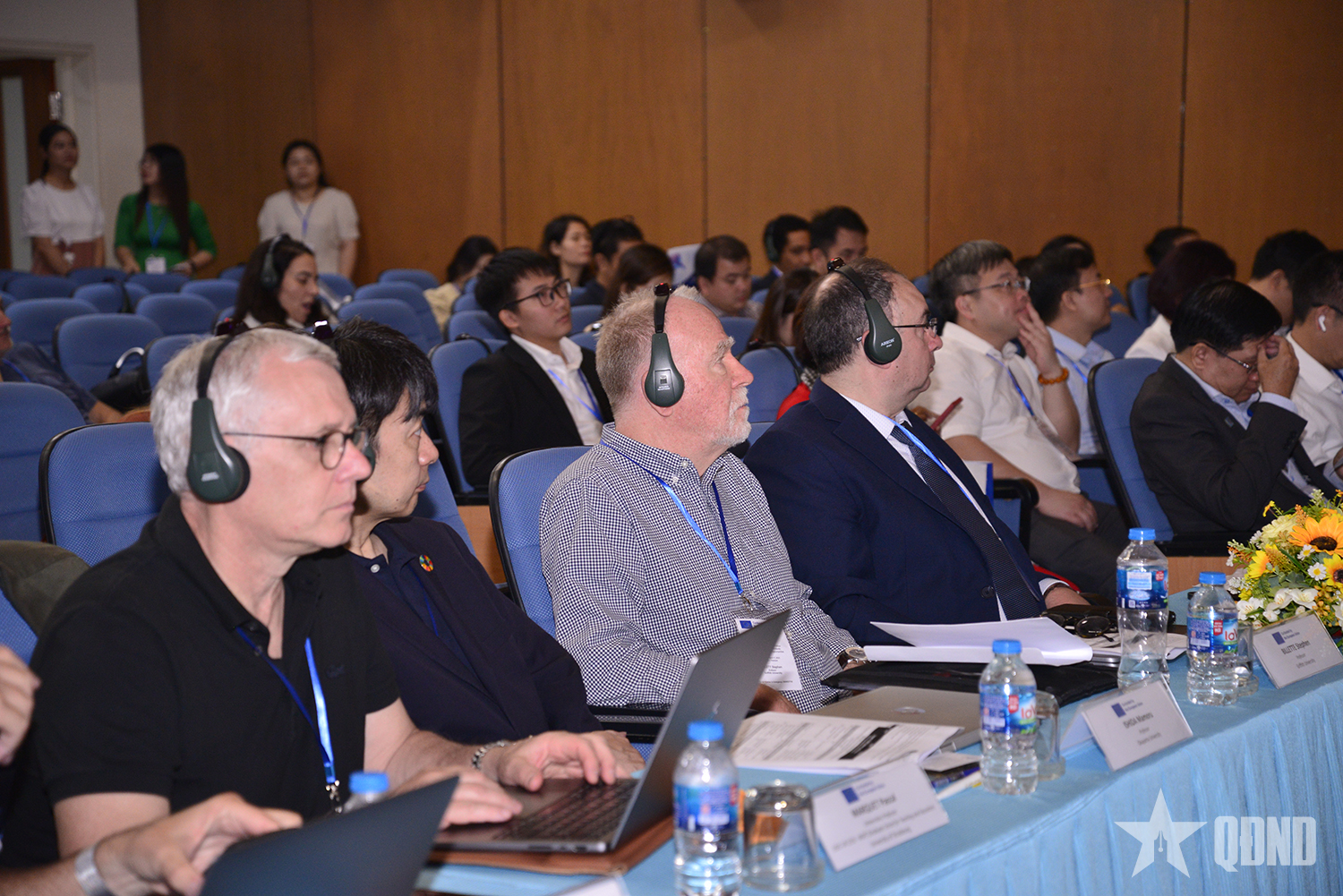

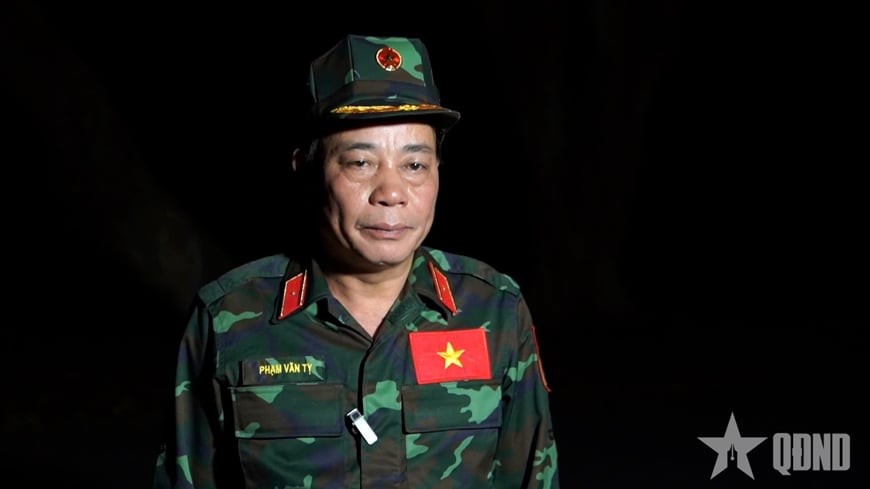

























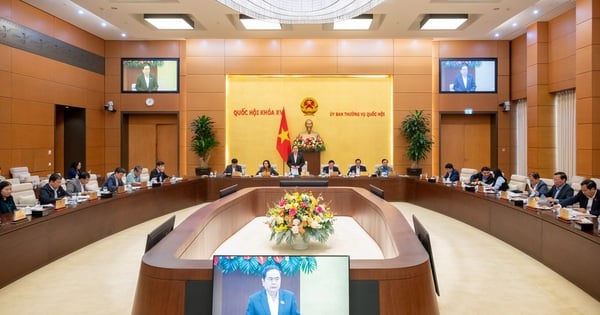
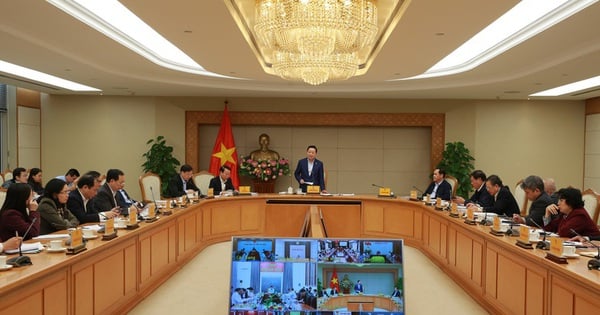










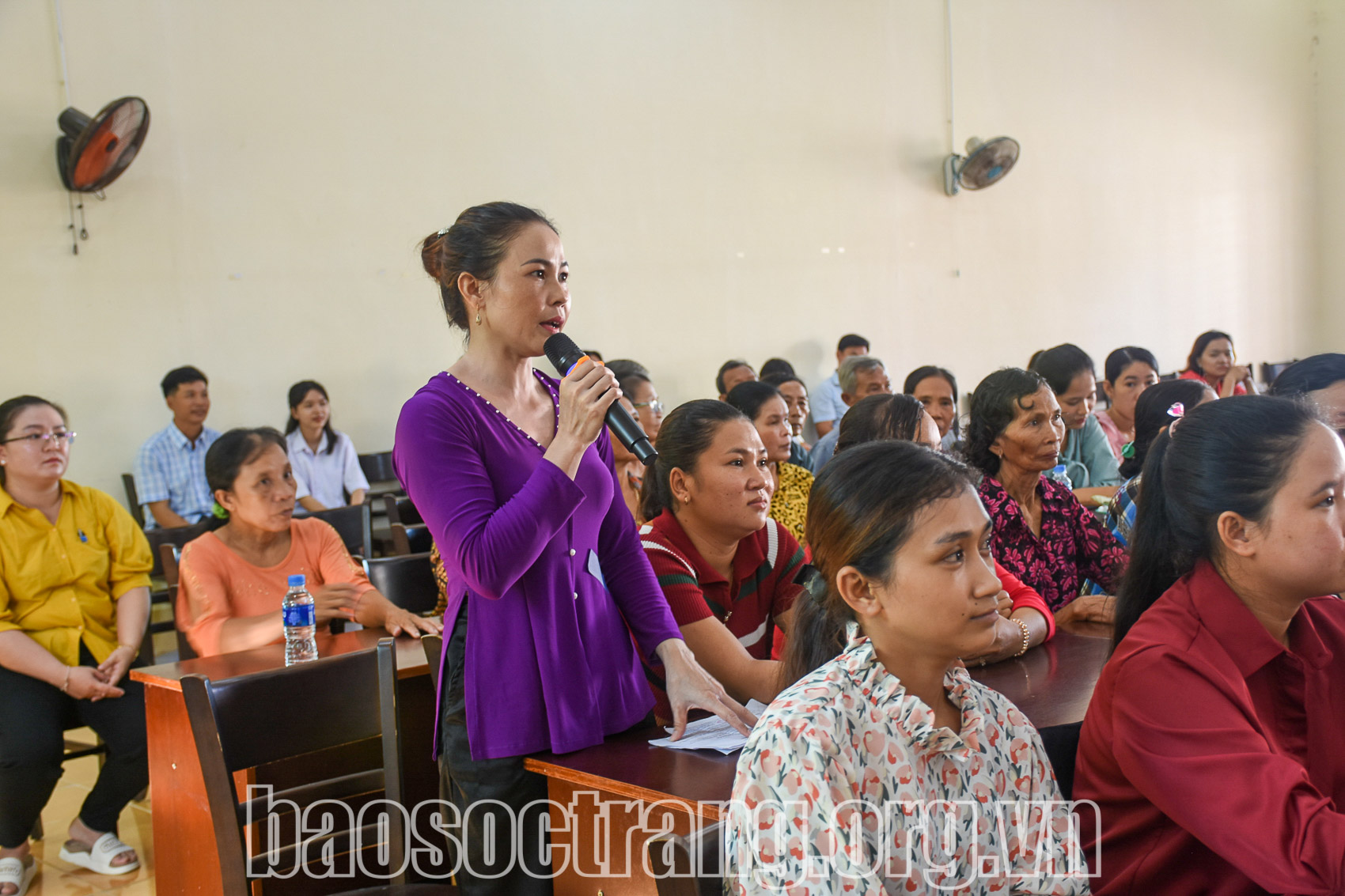












![[REVIEW OCOP] An Lanh Huong Vet Yen Cat](https://vstatic.vietnam.vn/vietnam/resource/IMAGE/2025/3/27/c25032328e9a47be9991d5be7c0cad8c)

Comment (0)